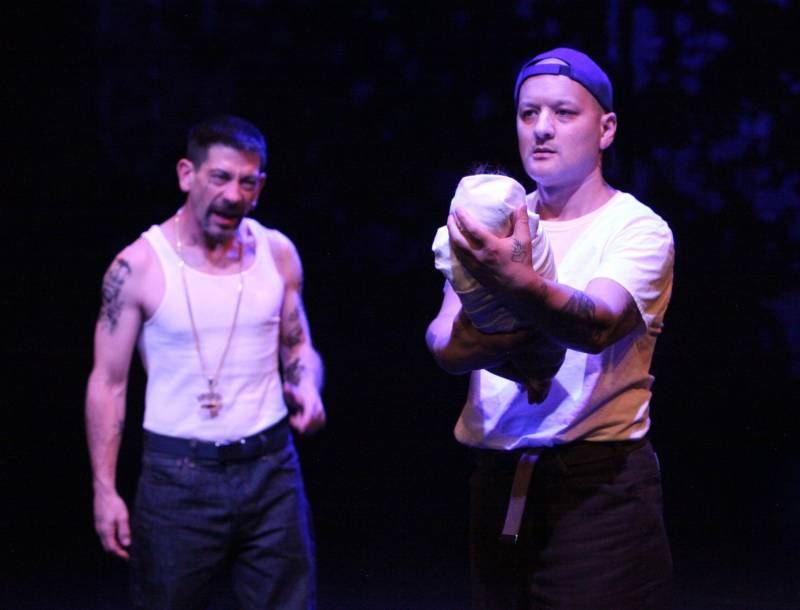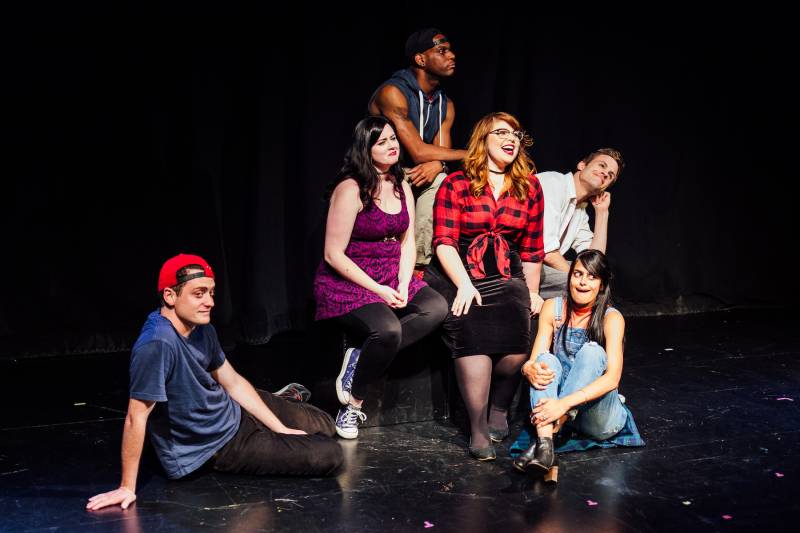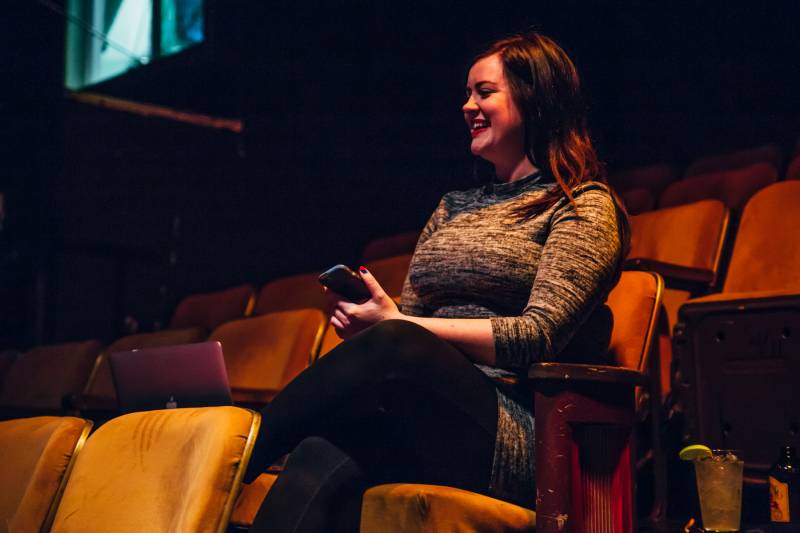In a year of massive fluctuation throughout the Bay Area theatrical ecosystem, several leadership transitions at notable companies have been announced—most recently the appointment of Sean San José as the new Artistic Director of Magic Theatre, and the stepping down of Allison Page, currently both the Executive Director and Artistic Director of Killing My Lobster.
For Sean San José, stepping in as Artistic Director of Magic Theatre is a full-circle moment. He’d first acquired his equity card at Magic Theatre in 1990, while working on Erin Cressida Wilson’s Soiled Eyes of a Ghost—a significant flex for a working-class kid from the Mission district of San Francisco.
“San Francisco (is) such a union town, the idea of a union meant a lot to me,” San José reminisces. Three years later, during an early production of Giants Have Us in Their Books, by José Rivera, San José met actor Margo Hall, and the rest, one could say, is history. As founding members (with Michael Torres and Luis Saguar) of Campo Santo, a theatre collective dedicated to community development of new work, the two have been collaborators and artistic leaders for over 25 years.

San José’s affinity for new works complements the Magic Theatre’s own emphasis on new plays and cultivating long-term relationships with various playwrights. In fact, many of Magic Theatre’s most artistically exciting collaborations in recent years have been with playwrights who’ve developed significant work with Campo Santo—including Octavio Solis, Luis Alfaro, Jessica Hagedorn, and Richard Montoya.
A welcome outcome of San José’s appointment is that of making Campo Santo a company-in-residence—ending a long period of homelessness precipitated by their loss of their long residency with Intersection for the Arts. And it’s this idea of making Magic Theatre a home—not just for Campo but for the greater Bay Area—that really has San José excited for the future of the space. A future that includes public readings, live music, creative partnerships, and a concentrated push to make Fort Mason and Magic Theatre the destination place that San José remembers it as being.

“I don’t believe in the sustainability of the LORT season structure,” he explains. “’We do a play and we’re open when the play’s happening. And then we’re not doing the play (so) nothing’s happening.’ But to me, like, some of the most beautiful stuff happens when you’re building, when you’re creating, when you’re learning. And then the dance at the end of the night is the premiere of the play.”





